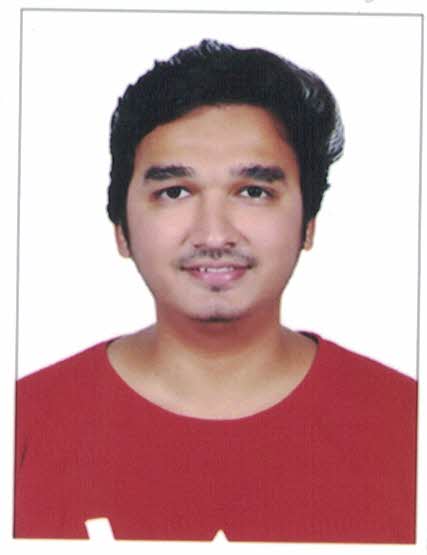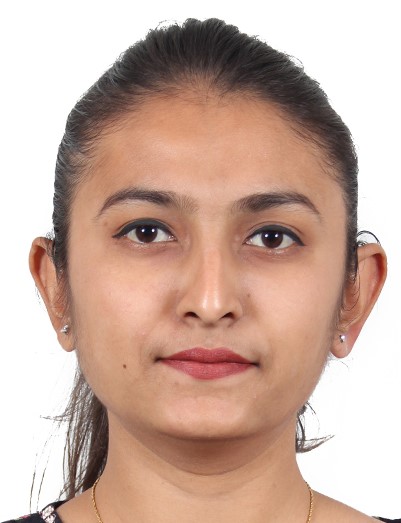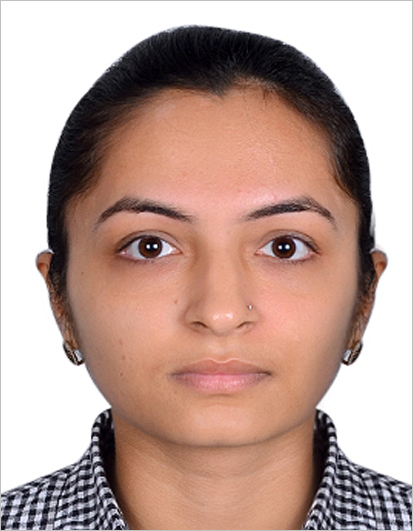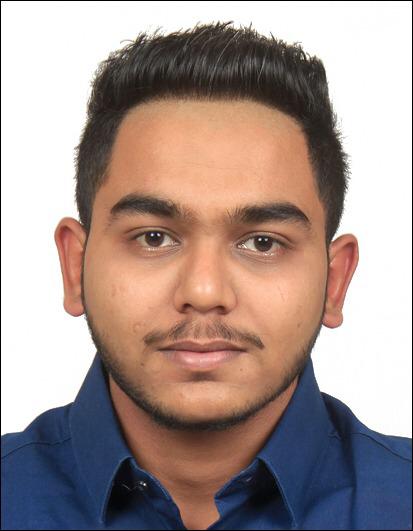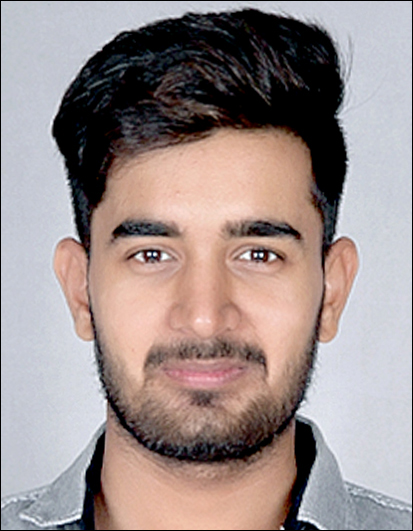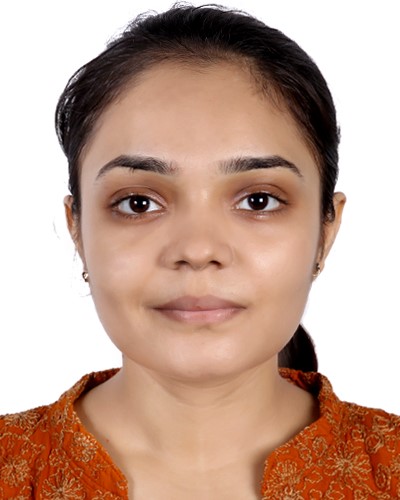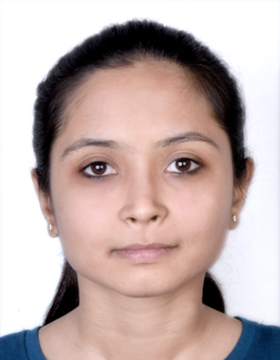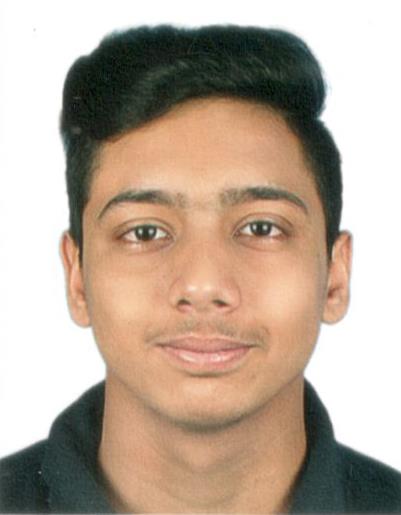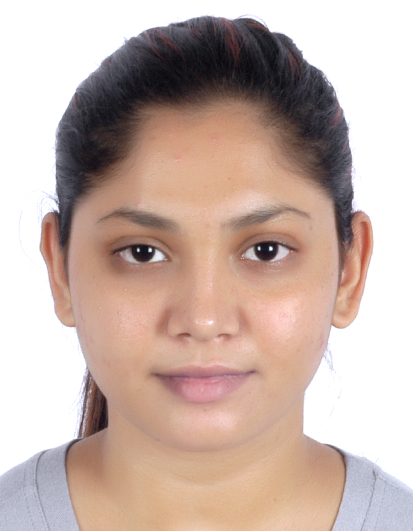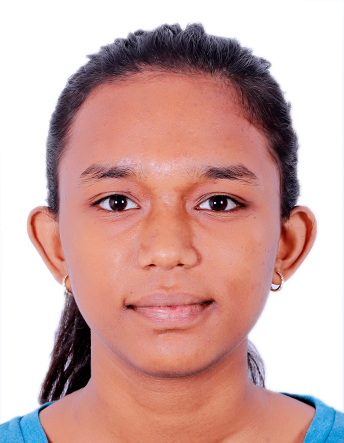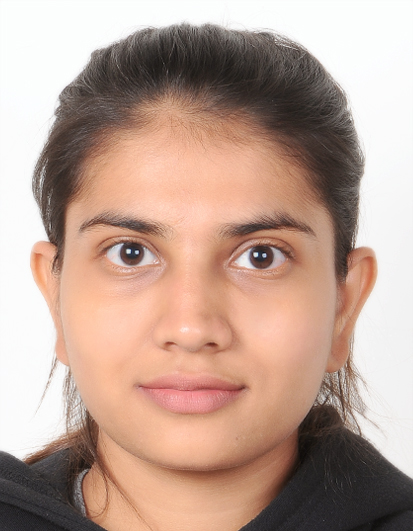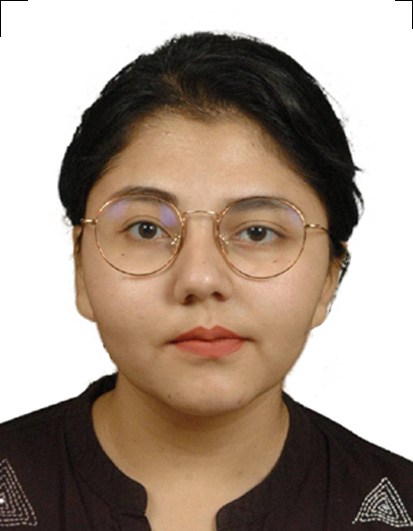- About The Country
- Student Life
- Admission Process
- Exams
- Cost of Living
- Visa
- Checklist Before Departure
- Post Study options
Education System
The German education system is different in many ways from the ones in other countries and the classes are conducted in German. Public universities are financed by the government and do not charge tuition fees or charge just small amounts of money. Private universities in contrast are financed by the fees paid by students and these can be quite expensive. In Germany, much more public universities can be found than there are private ones. German law says that education should be offered to everyone and everyone should be able to afford adequate education. Therefore, in some areas tuition fee was abolished, while in other areas it's very small.
Education in Germany is in some aspects more theoretical than in other countries, with the professors taking many lectures. At the end of every term the students get grades for their final examination and for speeches, assignments and practical projects. Depending on the subject the composition of these parts can differ. Practical education can also be offered in internships which are an obligation in some subjects.
Popular student destinations
The top universities in Germany are Heidelberg University, Technical University of Munich, Free University of Berlin, Ludwig Maximilian University of Munich, and Humboldt University of Berlin (in no particular order).
Berlin is the centre of all the renowned academic institutes. Most of the best colleges in the country are situated in cities like Munich, Baden-Wurttemberg, Frankfurt, and Heidelberg. About 5,038 Indian students were studying in Germany during the academic year 2010-2011. Engineering, Business Studies, IT/Computing, Tourism & Hotel Management, and Visual Communications are the popular courses Indian students pursue in Germany.
Safety in Germany
Germany is generally a safe country, and while crime in Germany exists, it is rather low-scale. Violent crime in Germany is rare. Most Germans don't feel that their safety is threatened by terrorism. The need for security measures in public spaces has also increased in Germany in recent years. As a result, security cameras have become common in public areas and in buses, local trains and trams. Signs indicate the presence of video monitoring.
Weather
German summers are hot and the winters are cold and snowy, but rains are unpredictable and common during all seasons. The average winter temperature is 3°C and in summers it is 22°C. Maximum temperatures commonly reach -10°C in winter and 35°C in the summer months. The country is divided into 16 states and has an exceedingly varied landscape, so it is difficult to generalise the weather for the whole country.
Lifestyle tips
Germany is a multicultural country although it has a homogenous bearing. Customs and traditions of people of various backgrounds maintain their distinct identity and so do foreigners residing there. Germans believe in maintaining a globalised outlook. The Germans are very fond of socialising and like to indulge in interesting conversations. One can take part in several festivals that are celebrated with great fervour throughout the year. Living expenses in Germany are quite affordable so those visiting or planning to settle there permanently need not worry about having to spend too much.
Indians living in Germany
The population of Indian immigrants living in Germany is nearly 110,000. Berlin, Dresden, Hamburg, Cologne and Munich are the cities where most Indians reside.
Accommodation
Firstly, you need to decide whether you want to live in university managed accommodation, or with a private landlord. Choosing university managed accommodation can also give you a catered or self-catered option. Catered accommodation offers the benefits of your meals being cooked for you and a degree of certainty with meal costs.
If you have an idea about what you prefer, the accommodation office at your university will be able to tell you what accommodation they have available, so that's the place to start. If you are thinking of renting from a private landlord or if your chosen university can't offer you anything in its own residential premises, the accommodation office should be able to provide you with a list of private properties and landlords in the area.
Wherever you choose to live, you should make sure that you know your contractual rights and responsibilities. In most cases you will be asked to enter into a tenancy agreement, which you should read thoroughly before you sign.
Orientation
Orientation week is mandatory for international students so you want to be sure and arrive before it starts. This is the time when you will be introduced to the university and its services, as well as enroll in your classes. It is essential that you read your guidebook, which is provided by the college. The guide explains each part of the admission process.
Activities
Along with sports, colleges offer a range of extra-curricular activities as well. Music, drama, science and literary societies are offered in all colleges, and students have opportunities for outdoor education and other leisure activities. Visits to theatres and concerts, to places relevant to the courses of study such as art galleries and museums, religious centres or historical sites, scientific companies and projects are all part of college life.
Requirements
Students applying for an undergraduate course in Germany have to undertake a one - year bridge programme as it is to compensate for 13 years of schooling requirement in Germany compared to 12 years in India. In order to be eligible for this bridge course, students from India must have basic knowledge of the German language. International applicants have to take a language test for Germany like TestDaF (Test of German as a Foreign Language) or DSH (German Language University Entrance Examination) before they can enrol in a degree programme.
For each course, Indian students will need to meet a minimum German language requirement. Along with that a minimum academic record of 70% and above in Standard XII will be required. Foundations and Diploma programs are available for students who have secured around 60%. The student should have completed 18 years of age before joining a degree program.
It is important to note that these numbers are just for reference purpose, the actual numbers may differ from university to university.The following documents also need to be submitted:
- Attested copies of mark sheets of Standard X, XII, and the Bachelor’s degree (if applicable)
- At least, two Academic reference letters from professors who have taught you most recently.
- If you have work experience then two letters of recommendation (LOR) from the employer/manager who knows you well and can comment on your professional abilities
- Statement of Purpose (SOP)
- Resume
- Photocopied score reports of language tests and GRE/GMAT (if applicable)
- Portfolio (in case of students applying for art and design courses or architecture programmes)
- Others (Certificates / achievements at the state and national level and extracurricular activities)
- Proof of funds
- Health insurance
Note: Not all higher education degrees are recognised for all study programmes across Germany. If your school-leaving certificate does not directly qualify you for admission to study in Germany, you are required to take a “Feststellungsprüfung”Â, or assessment test. Check here whether your higher education entrance qualification will be recognised in Germany.
Timeline
Most of the colleges in Germany accept online applications. You will have to visit each college's website to apply. In most cases you will have to make an account on the college website to provide your basic information, submit the scanned version of your documents, pay application fees. You will be informed about the application process and stages through this account. Please refer the website of the colleges of your choice to know the process of applying.
Application fee
All colleges require that you pay an application fee while applying. The fee amount will differ depending upon the college and course being applied to, so check with individual colleges about their application fee.
Steps: Given here are the common steps to applying for admission:
- Search for colleges and courses
- Contact schools and visit websites for information
- Narrow down your list of schools
- Take the entrance exams like language tests, GMAT/GRE
- Write SOPs and ask for LORs
- Apply to the colleges which fit your interests
- Appear for video interviews of the colleges that shortlisted you
- If accepted, apply for student visa
SOP: A Statement of Purpose (SOP) is your introduction to the college and admission officers. It is always written in first person and describes the reason for applying to a particular college. It needs to highlight why you are a perfect fit for the college and why the college should accept you. The style of writing could differ from formal to casual, but it is important to remember that it should reflect your personality as well.
Essay: Essays are also required to be submitted by a prospective student. Essays are an important part of the university admissions process. Students may be required to write one or two essays, along with a few optional essays too. Common topics include career aspirations, strengths and weaknesses, skills, experiences, and reasons for considering a particular school.
LOR: A letter of recommendation (LOR) is a reference letter written by a third party describing the qualities, characteristics, and capabilities of the prospective student to recommend him to the college in terms of that individual's ability to perform a particular task or function. The third party could be a professor, direct manager etc.
Intake seasons
The main intake season at all German universities is September. So the deadlines would be from February till May across different courses and universities. A few universities offer admissions in March as well. The deadlines for this intake would be from November till January.
Language exams
TestDaF (Test of German as a Foreign Language) and DSH (German Language University Entrance Examination) are the standardised language tests which are required to be taken for the purpose of getting admission to colleges in Germany. You can take the TestDaF at a testing centre in India or in Germany, while the DSH is only administered at German universities. These both follow different formats, structure and result bands. These tests are all different in various ways but many colleges ask for any one of the results. So it's up to the student to decide which exam to appear for.
Note: Students wishing to take an international degree programme, which could be Bachelor's, Master's or PhD, do not necessarily have to take a German test. The teaching language in these courses is usually English. To study a degree course in English, an English language exam like TOEFL or IELTS may be required.
General exams
GMAT - Since almost all MBA programs in Germany are in English, the language of teaching would be English with a bit of German thrown in. German B-schools like admitting multi-lingual candidates, so it will be a bonus if you know German as well. Because of the bilingual clause, GMAT is the standard exam for getting admitted into business schools. GMAT is used to measure the abilities of the potential MBA aspirant to undertake higher education in the field of business or management. It measures mathematical, English, and reasoning skills of the student.
GRE - Some universities do recommend or require a GRE score, although it is not a mandatory requirement while considering a Masters in Germany. You will come across many options without GRE requirement.
Repetition
You can give GMAT unlimited number of times, subject to five times a year and a gap of 30 days between two tests.
The cost of living depends heavily on what part of Germany you will be living in, along with the how much you will socialise. Some of the basic elements for living as an international student in Germany are:
- Accommodation rent (on-campus or off-campus)
- Groceries and food
- Utilities like power, water, gas, internet
- Phone bills
- Text and reference books
- Airfare for travelling back to India
Other elements which may differ from person to person would be:
- Dinning out
- Travel and vacation
- Car rent and car insurance
- Cable TV connection
- School expenses
In Germany, the cost of education is quite low, and at some universities there is no fee. Most German universities are financed by the state government and just a small amount of tuition fees may be required to be paid. The tuition fee amount depends on the location of the university as every federal state can decide the amount on its own. If it has enough money to abolish tuition fees, it can choose not to charge any fee or if it needs additional fees, then it may charge a certain nominal amount.
States like Bayern, Niedersachsen, Hamburg and Nordrhein-Westfalen charge some amount of tuition fees. All other states do not charge tuition fees. The private universities in Germany are financed by the fee paid by students and the fee here is much higher. The students may have to pay up to 20,000 Euros per year.
Living expenses
On an average, an international student needs approximately 670 Euros per month in Germany. Prices differ a lot in the big cities and small towns all across Germany.
| Particulars | Cost |
| Meal, inexpensive café | €8 |
| Milk (one litre) | €0.75 |
| Coca Cola can | €2 |
| Coffee | €2.5 |
| Lunch from campus café | €6.5 |
| Meal at a restaurant | €40 |
| One minute cell phone call | €0.9 |
| Taxi 1 km | €1.7 |
| Petrol 1 litre | €2 |
| Movie ticket | €9 |
| 1 room apartment in city centre | €570 |
| 1 room apartment suburbs | €420 |
Health insurance
Health insurance from private providers in India may be recognised in Germany. You will have to enquire with your health insurance provider and get a confirmation that you are exempt from compulsory public health insurance coverage. This letter of confirmation will be essential in your application process, as only with it will you be permitted to enrol at a university.
You will not be able to switch to a German public health insurance provider once your studies begin. If your Indian insurance policy is insufficient, you will have to purchase a policy in Germany itself. Many universities offer service packages for international students which include accommodation, meal plans and a health insurance policy. You will have to check with institutes for such packages.
Scholarships
Fee waivers are awarded to international students on the criteria of merit and the need of it. Candidates with strong academics, good performance on standardised exams and extracurricular achievements would be eligible for scholarship awards and financial assistance. To benefit from these opportunities, one has to make sure to send all the required documents by particular deadlines. In addition to this, the presentation of the application is also important because one is judged by the image one projects.
Since German institutes are comparatively more generous than other nations, getting a fully-funded education in Germany isn't very difficult. Click here for the complete list of scholarships available within Germany.
Loans
Student eligibility criteria: The first thing is to be aware of whether you are eligible to apply for the loan or not. The general eligibility criteria followed by all the banks are
- You should be an Indian national
- You must have a strong academic record
- You must be seeking admission to a professional, technical or other course of study.
- Most banks maintain that the selected course should be job oriented
- You must have secured admission to a foreign university institution
- You must be above the age of 18 years or else your parents can avail the loan
Eligibility of course
You may not get a loan on every course. Here are the kinds of courses that qualify for the education loan.
For Graduation: Job oriented professional or technical courses offered by reputed universities
For Post-Graduation: MCA, MBA, MS or even diplomas
These courses could be from foreign universities or institutes approved by the state and central government
Loan amount
If your total fee is Rs 10 lakh, the bank may offer to give a loan of 80% of the amount and you will have to put in the balance 20%. This is called the margin amount. The maximum loan amount for studies abroad is generally around Rs 20 lakh by the bank. If your tuition fees amount is Rs 30 lakh, you'll have to manage the rest of the funds by yourself. Some banks charge a processing fee, while others don't. It may be a fixed amount or a percentage of the total loan amount. So if the bank charges you one per cent as processing fee, that will be an additional cost you'll have to cover.
Documentation required
You will have to provide the acceptance letter sent by the university reflecting that you have been selected for the course and the schedule of fees. You will also need to show the mark sheet of the last qualifying examination to show your academic record.
All banks have different requirement for documentation, so you need to confirm with the bank first.
Repayment
Repayment starts only after the course period. If the student gets employed within one year after completion of the course, the repayment should start immediately after the expiry of one month from the date of employment.
If you do not secure a job within a year of completing the course, then repayment starts irrespective of whether or not you are employed. The loan is generally to be repaid in 5-7 years after commencement of repayment. If the student is not able to complete the course within the scheduled time extension for completion of course, he may be permitted for a maximum period of two years. Generally, you will get up to a maximum number of 10 years to repay the loan.
Conditions
To stay in Germany for more than 90 days as a student, you are required to get a residence permit. You will need to prove to the visa officer that you have finances for one year. The amount would be €659 - €7,908 per month. A residence permit issued to students is valid for maximum two years. It needs to be renewed if the duration of the course is longer than the stated two years.
A Residence Permit costs €60. It can take a long time to be issued, which is anywhere between eight to 12 weeks. Since this means two to three months, international students are advised to apply as soon as possible.
1. You will have to apply for your visa in person. Visa fees amount to €60 (to be paid in INR). In addition you should provide two sets of application documents photocopies containing the following documents:
- Application form
- Declaration stating the information provided is true and complete information
- Cover Letter explaining the reason for your visa application. You may be required to submit a German translation of this document
- Letter of Admission from a German university
- University Certificates and transcripts - Degree certificates and mark sheets
- Proof of Language Proficiency (German language test scores). This document is mandatory for the visa process, even if it is not required by the German university. Applicants for PhD studies and Erasmus Mundus Scholarship holders are exempt from this rule.
- Proof of funds
Work permit
According to German visa rules, a student can work 180 days halftime or 90 days fulltime in an academic year. Presently, Germany is the only country where a student can do part-time technical job in the related industry. Some universities also offer part-time jobs on campus called as Hi/wi. Students will have to contact institute's student placement cell to get into this job.
Visa for spouse
Spouses and children may be permitted to reside in Germany while you study, but this is conditional. These conditions include having enough and appropriate financing and a living space. Cases are decided on an individual basis at the Germany embassy, and special consideration may be given to your case if you are able to explain your situation to the Consulate effectively.
Pre-departure list
- Book airline tickets
- Arrange accommodation in Germany
- Arrange transportation to/from the airport to home in Germany
- Arrange your banking; consider buying traveller’s cheques
- Check baggage and customs limitations
- Clear all paperwork with your home educational institution
Get your documents in order and make photocopies to store in your baggage and keep at home, including:
- Passport
- Airline tickets
- Travel insurance certificate
- Letter of Acceptance by the educational institution
- Key addresses and phone numbers
- A bank statement showing proof of funds
- Prescriptions for any medication you are carrying
- Traveller's cheques, if applicable
- Medical and immunisation records
- Academic history and university transcripts
Placements
Indian students are used to the concept of campus placements and on-campus recruitment for getting jobs where companies visit campuses and hire graduates. There is no concept of placements in Germany, like most other countries. Most German universities have a Career Services cell, which helps you get jobs and helps you prepare for interviews. They may refer you to companies or help you get in touch with HR managers. The job search is mostly self-driven in European countries, where it is considered your prerogative.
Work visa
After graduating from a German university, international students are granted a residence permit for one year, in which they are expected to secure a permanent job which is relevant to their discipline. If a student finds a job within this one year, they can then apply for a residence permit with a work permit, at the local Aliens Department or Ausländerbehörde.


